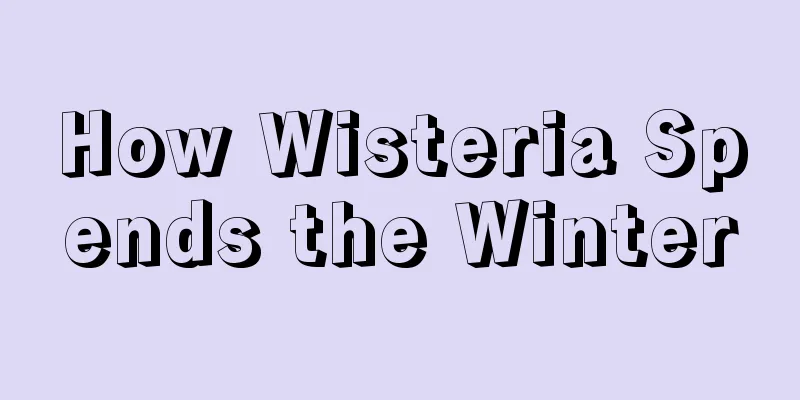The effect of Viola yedoensis

Traditional effects of Viola yedoensisJaundice and internal heat: Grind Viola yedoensis into powder, take 15g each time, with wine. Carbuncle and malignant ulcer: use Viola yedoensis. Take equal parts of Cang Ye, mash them, add a cup of wine, blend into juice and drink. Carbuncle on the back: Use the Viola yedoensis collected during the dog days of summer, mash it, mix it with flour, soak it in vinegar overnight, and apply it on the sore. It is very effective. For carbuncle and swelling: mash the Viola yedoensis grass and drink the juice. Another recipe: Mash violet yedoensis, onion and raw honey together and apply it to the affected area. Another recipe: Use the root of Viola yedoensis, remove the rough skin, and grind it into powder with Tribulus terrestris. Add oil and mix well, then apply to the affected area. Throat numbness, swelling and pain: Use Viola yedoensis leaves, add a little sauce, grind into a paste, and apply to the throat. Vomiting is the effective method. Therapeutic effects of Viola yedoensisViola yedoensis tastes bitter and slightly pungent, and is cold in nature; it enters the heart and liver meridians; its qi is slightly dispersing; It has the effects of clearing away heat and detoxifying, cooling blood and reducing swelling; It is mainly used to treat furuncles, carbuncles, mumps, scrofula, erysipelas, mastitis, intestinal carbuncle, damp-heat and diarrhea, jaundice, red and swollen eyes, throat numbness, and snake bites. Viola yedoensis cooking guideFor all kinds of furuncles, carbuncles, redness, swelling, heat and pain, you can use the fresh product alone to make juice and drink it, and use the residue to apply to the affected area; or you can use it in combination with honeysuckle, dandelion, and wild chrysanthemum. If the patient is deficient in qi and blood, angelica and astragalus can be added; if the patient has pain and swelling caused by damp-heat condensation in bone abscesses, it can be used together with Poria cocos, Plantago seed, honeysuckle and Achyranthes bidentata to eliminate dampness and clear heat. For patients with scrofula and tuberculosis in the neck, it can be combined with Prunella vulgaris, Scrophularia ningpoensis, Fritillaria thunbergii and oyster to disperse the nodules and reduce swelling. |
<<: Effects and functions of hibiscus
>>: What is the function of frangipani
Recommend
The flower language and meaning of fern
1. Hardworking It means hard work. Because it has...
Cultivation methods and precautions of wine glass roses
Wineglass roses come in different sizes, and the ...
How to prune wisteria trees
When to prune wisteria trees Wisteria trees can b...
How long does it take for ruby leaf cuttings to germinate
How long does it take for ruby leaf cuttings to...
Folk Stories about Chrysanthemum
Story 1 As early as more than two thousand years ...
A top student born in the 90s, leased 20 acres of land to grow succulents, and achieved success in both love and career!
Meet succulents, love at first sight When I was a...
The meaning of how many roses you send
One, one It is more convenient to give someone a ...
Which flowers are poisonous?
Injury due to accidental ingestion Oleander conta...
Lettuce planting and harvesting time
Lettuce planting time Lettuce is generally plante...
What is the best month to plant lavender?
When to plant lavender Lavender is usually plante...
Common pests of delphinium and their control methods
Common pests of delphinium: aphids Characteristic...
Put a basin of it on the coffee table or desk to absorb formaldehyde, purify the air and relieve eye fatigue!
Peperomia 1. The leaves of the Chinese evergreen ...
Camellia cultivation methods and precautions
Camellia looks very beautiful, with lush green le...
What season is suitable for planting sunflowers?
When planting sunflowers, first place the pointed...
How to breed azalea
1. Cutting propagation Cuttings are the simplest ...









